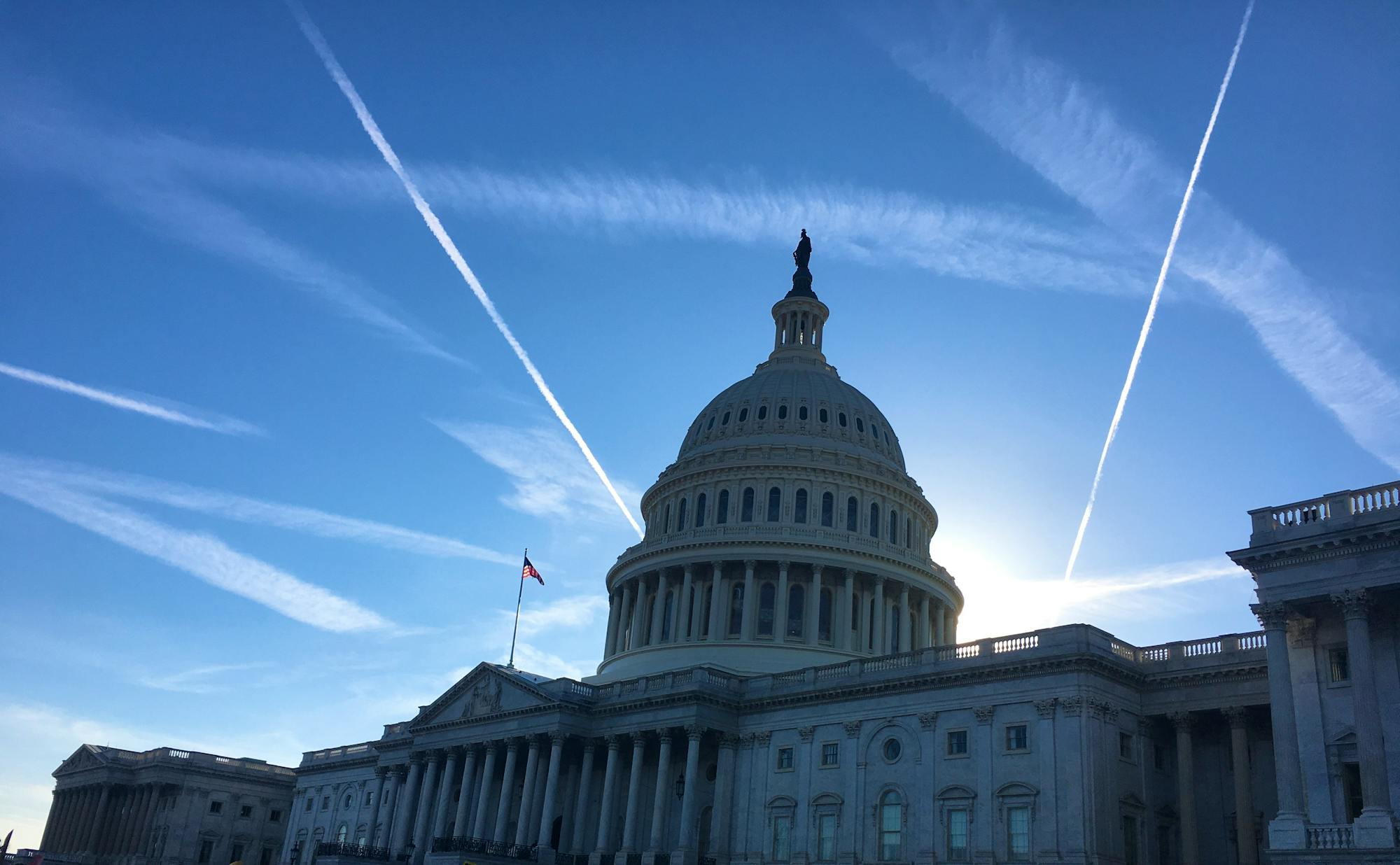The U.S. House of Representatives Committee on Natural Resources is holding a legislative hearing today on five bills, including the “Recovering America’s Wildlife Act” (H.R. 4647).
The following statement is from Jamie Rappaport Clark, former president and CEO of Defenders of Wildlife:
“We are bearing witness to a biodiversity crisis throughout the world, including in the United States. A sixth mass extinction, this time caused by humans, is unfolding right before our very eyes. Federal, state, local and tribal governments, sporting and conservation organizations and landowners are essential partners in fish and wildlife conservation, but often struggle to find funding needed to manage species of conservation concern, including rare and federally designated threatened and endangered species. More can and should be done.
“However, the ‘Recovering America’s Wildlife Act,’ as currently drafted, falls short of achieving its stated wildlife conservation goals. We look forward to working with the bill’s cosponsors in the coming weeks to strengthen conservation provisions and ensure that federal dollars are spent effectively to protect and preserve declining and imperiled species and their habitat.”
Background
In December 2017, Reps. Jeff Fortenberry (R-NE) and Debbie Dingell (D-MI) introduced the Recovering America’s Wildlife Act (H.R. 4647) in the House of Representatives. The legislation would amend the Pittman-Robertson Wildlife Restoration Act to fund the Wildlife Conservation and Restoration Subaccount to support state management of species of greatest conservation need, as well as other purposes. However, H.R. 4647 as currently drafted does not achieve its full potential for species of greatest conservation need and may even undermine ongoing conservation initiatives and partnerships.
Federal Resource Needs
H.R. 4647 does not provide any funding for federal agencies charged with managing federal trust species. Federal agencies have long identified significant resource needs to support their efforts and obligations to conserve and recover federally protected species, as well as to review, approve and help implement State Wildlife Action Plans (SWAPs), the state strategies for conserving species of greatest conservation need. Like states, federal agencies require additional resources to fulfill their statutory mandates and commitments to states, tribes, non-governmental organizations and private landowners to manage fish and wildlife resources.
Partners in Conservation
H.R. 4647 asserts that states are responsible for the conservation of “all fish and wildlife in the state.” In fact, federal agencies retain primary authority to manage federal trust species, such as threatened and endangered species and migratory birds. States, working in partnership with federal agencies, tribes, conservation organizations, academic institutions and private landowners, serve an essential role in managing fish and wildlife, but they do not work alone.
Tribal Resource Needs
H.R. 4647 excludes Native American tribes from receiving funding under the Wildlife Conservation and Restoration Subaccount. Like federal and state agencies, tribes have fish and wildlife management responsibilities and have significant resource needs related to fish and wildlife conservation. In addition, tribes across the country are leading restoration and recovery programs for species of greatest conservation need, yet many of these efforts are hamstrung by insufficient resources.
Federal-State Coordination
H.R. 4647 funds states to carry out, revise or enhance existing conservation programs pursuant to their federally approved SWAPs, in addition to potential “new” programs to manage species of greatest conservation need. The bill contains no assurances that these “new” programs would be designed, focused or implemented in accordance with the same federal requirements for SWAPs. The establishment of alternative state conservation programs without federal input could strain current federal-state responsibilities and coordination to conserve and recover species of greatest conservation need.
Wildlife-Associated Recreation and Wildlife Conservation Education
H.R. 4647 "requires" expenditures on wildlife-associated recreation and wildlife conservation education. In comparison, H.R. 4647 states that allocated federal funding “may” be used to support recovery of threatened and endangered species, trans-border imperiled species, management, control and prevention of invasive and nuisance species that pose risks to species of greatest conservation need and law enforcement activities directly related to the protection and conservation of those species.
Also, while H.R. 4647 requires funds to be used for wildlife-associated recreation and wildlife conservation education, the bill does not require that these expenditures support species of greatest conservation need as it does for other discretionary identified uses of funds. That lack of specificity leaves the purpose of these expenditures ambiguous at best.
The Pittman-Robertson Wildlife Restoration Act (current law) caps allowable spending for wildlife-associated recreation at 10 percent of the total funds apportioned to a state. H.R. 4647 retains that cap. Neither current law nor the proposed legislation includes a similar restriction or cap on spending for wildlife conservation education.
Moreover, spending on both education and recreation activities is discretionary under current law, while H.R. 4647 mandates that states spend money on both activities. Under the proposed legislation, states could spend a significant amount or even all the new funding received from the federal government on wildlife-associated recreation and wildlife conservation education that would provide little to no benefit to the species this bill is intended to support.
###
For over 75 years, Defenders of Wildlife has remained dedicated to protecting all native animals and plants in their natural communities. With a nationwide network of nearly 2.1 million members and supporters, Defenders of Wildlife is a leading advocate for innovative solutions to safeguard our wildlife for generations to come. To learn more, please visit https://defenders.org/newsroom or follow us on X @Defenders.
News

Study Led by Defenders of Wildlife Scientist Shows Noise Pollution Impacts on Migratory Birds

